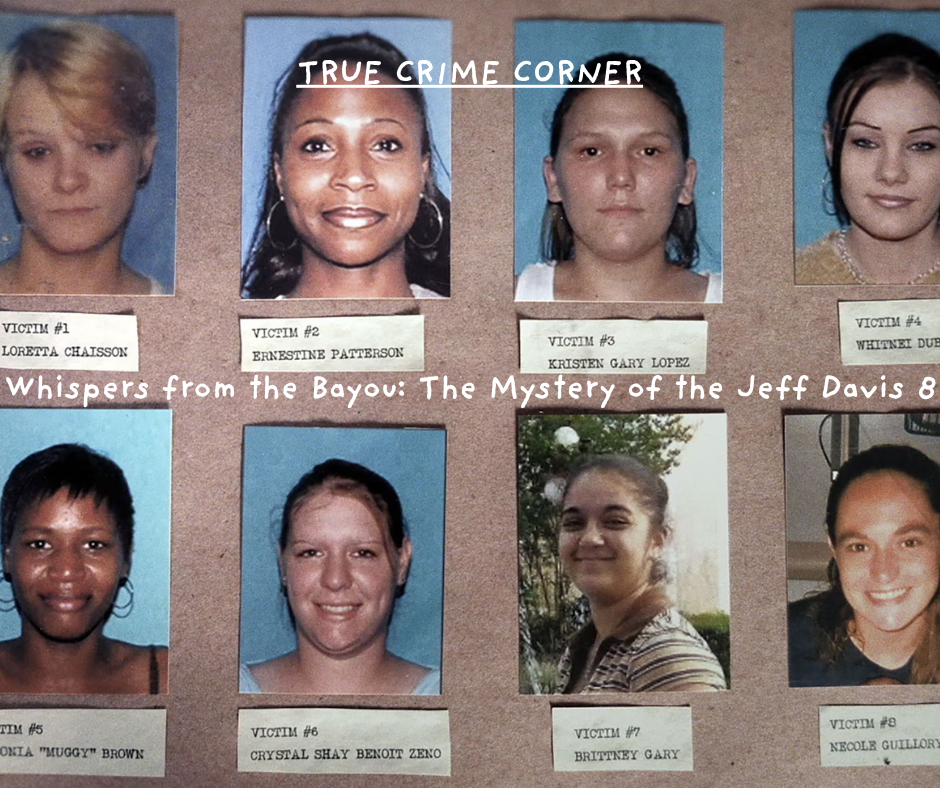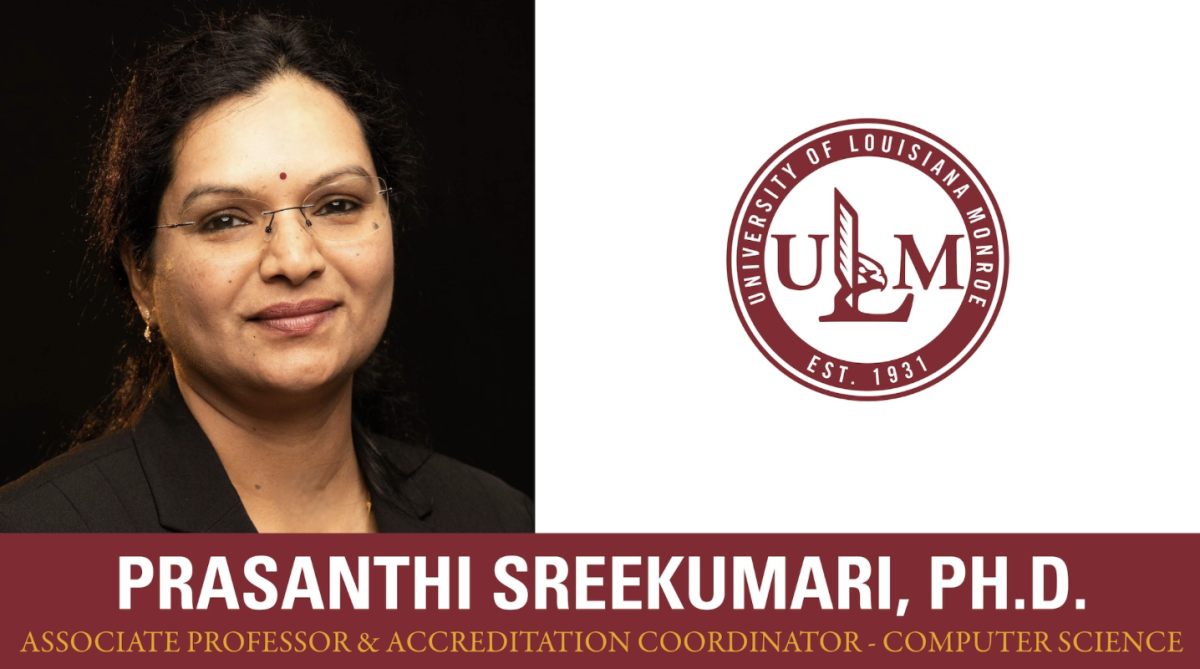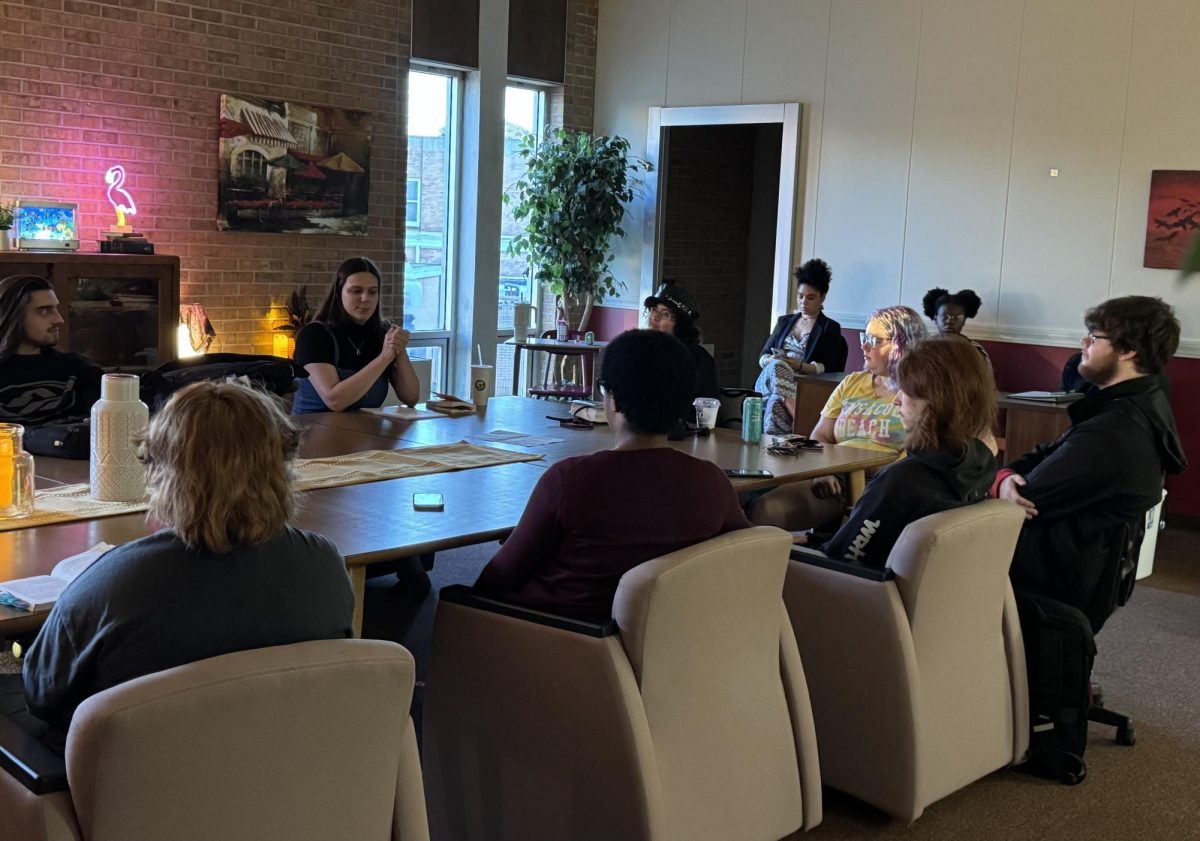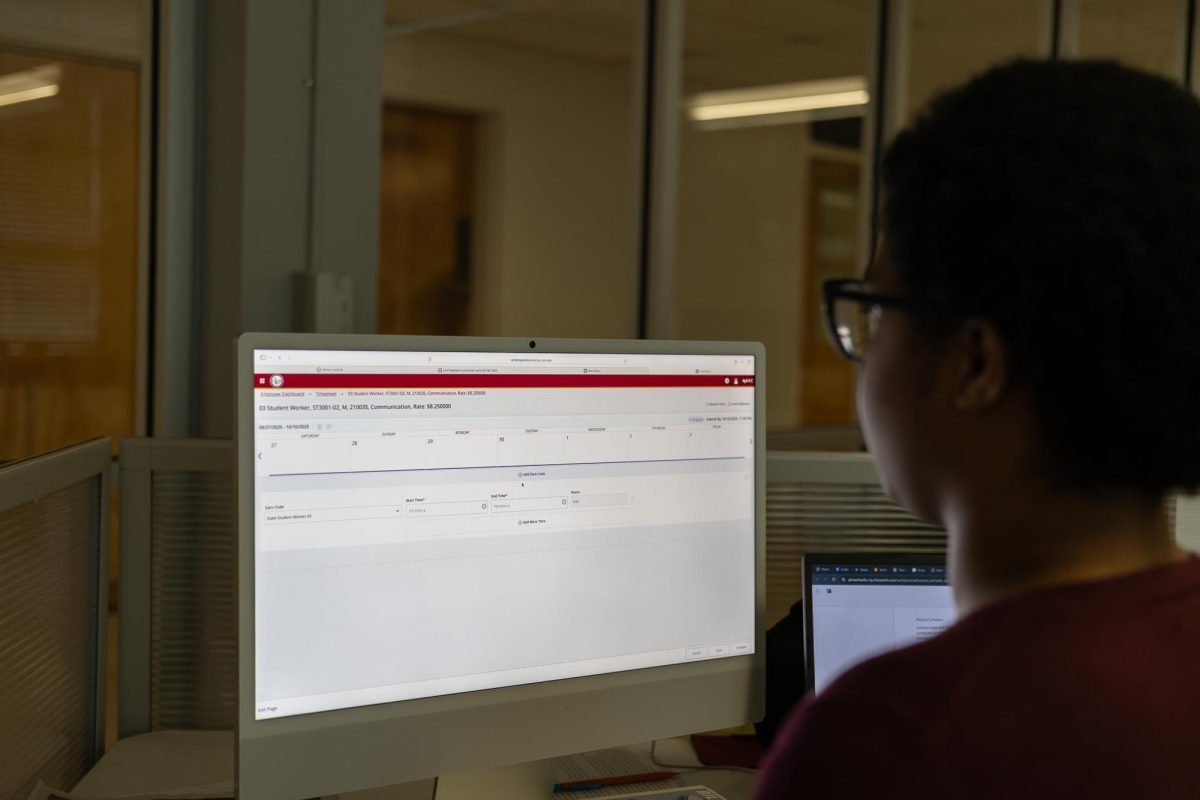Several biology students were given the opportunity to participate in research programs across the state for the duration of the summer.
Siddhartha Dhakal attended the Louisiana Biomedical Research Network’s summer undergraduate’s program.
Dhakal’s research focused on synthesizing proteins from bacteria in order to understand diabetes.
“We wanted to know whether another protein that existed could fix it or not. We spent three and a half months on our project,” said Dhakal, a sophomore biology major.
On the final day of the program Dhakal and his group presented their research. Over 130 researchers presented their work.
“We had a poster explaining our project and attendees asked us questions about it,” said Dhakal. “I was a little nervous, but a lot of people asked good questions.”
Dhakal said he would have felt more nervous if there weren’t as many presenters.
“It was one of the best opportunities of my life. ULM is not a big research university but LSU is. There I could see how good real research could be,” Dhakal said.
Dhakal said although he does research here, it was not on the same scale as that at LSU.
“I’m sure all of what I learned I will use in the future. Every summer I try to do some form of research,” Dhakal said.
While first planning on pursuing medical school, Dhakal was convinced to follow his passion for research by his instructors.
“I want to go to grad school to do research. I don’t know exactly what I want to do, but research is what I love best,” Dhakal said.
Dhakal said it is good for any student in the field of science to experience research.
“It is very important for you to really learn,” said Dhakal. “You need to see what other universities are doing and what real science is exploring.”
Dhakal said that any student should be prudent and explore their field.
“It will help you in the long run. Not just for a job, but to understand what you are studying,” Dhakal said.
Similoluwa Ogundare also attended LDRN’s summer program. Her research focused on the effects of fire and herbicides on the sprouting of wooded species of the pine savannah.
“It was a nice experience, we got to do hands-on stuff and the exposure was invaluable,” Ogundare said.
Ogundare was excited to speak to the attendees as she presented her team’s research.
While speaking to those interested in her research, Ogundare had to answer each question carefully.
“I had to think of ways to explain it to different people. Some had no previous knowledge and others were experts in the field, while some were in the middle,” Ogundare said.
Ogundare believes her group did very well, even though not many people stopped by.
“Those that did stop had good insight and we had good conversations about our research,” Ogundare said.
The remarkable experience exposed Ogundare to an entirely different environment and valuable hands on research experience.
Other biology students attended similar programs at LSUS and the SEA-Phages Symposium held at Howard Hughes Medical Institute.





